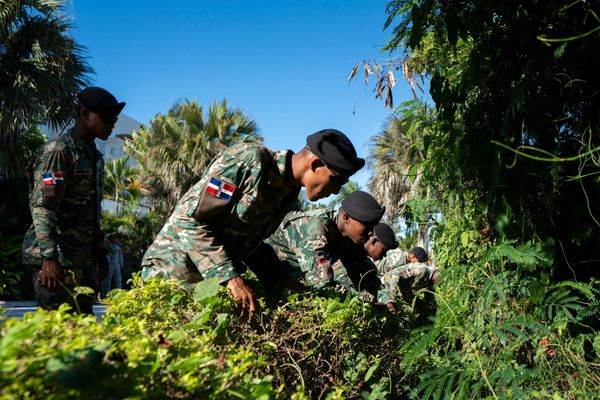The sheer number of Covid absences has left some primary school kids two or three years behind in development, a headteacher has said.
Since the pandemic begun, children have been struggling to maintain a rhythm with their education but it has been hard for many, teachers told the Education Committee.
But headteachers fear their social development has been neglected.
Jill Thompson headteacher of Kelvin Grove Primary School, Gateshead told the Committee the youngest children in her school have had so much of their life isolated thanks to the pandemic.
"Often we're seeing children responding emotionally, two years younger than they should. So in our reception and our nurseries we're seeing this, particularly if we do not get social development and child development right," Ms Thompson said.
Her comments came as other teaches said catch-up tutors were inconsistent with helping kids catch up with lost learning.
Under the Government’s flagship tutoring scheme to help pupils catch up, headteachers said that tutors were not always well trained to build relationships with vulnerable pupils or help the youngest children with their reading.
Ruth Holden, executive headteacher of Mulberry Academy Shoreditch in east London, told the Commons’ education select committee: “We found the National Tutoring Programme variable, really variable, and quite inconsistent.”
She said: “Some of those people were very good in terms of their specialism but they weren’t necessarily very good with children, particularly children who need a particular style of engagement, because they aren’t very able, or had connectivity issues or a whole host of things to do with deprivation.”
A Department for Education spokesperson said: “We are determined to support children from all backgrounds to catch up on lost learning and reach their potential.”
“High quality tuition is key to the delivery of the National Tutoring Programme and there are a range of measures in place including ensuring tutors have appropriate qualifications and experience, along with training in safeguarding, to ensure all Tutoring Partners involved in the programme meet those standards.”







